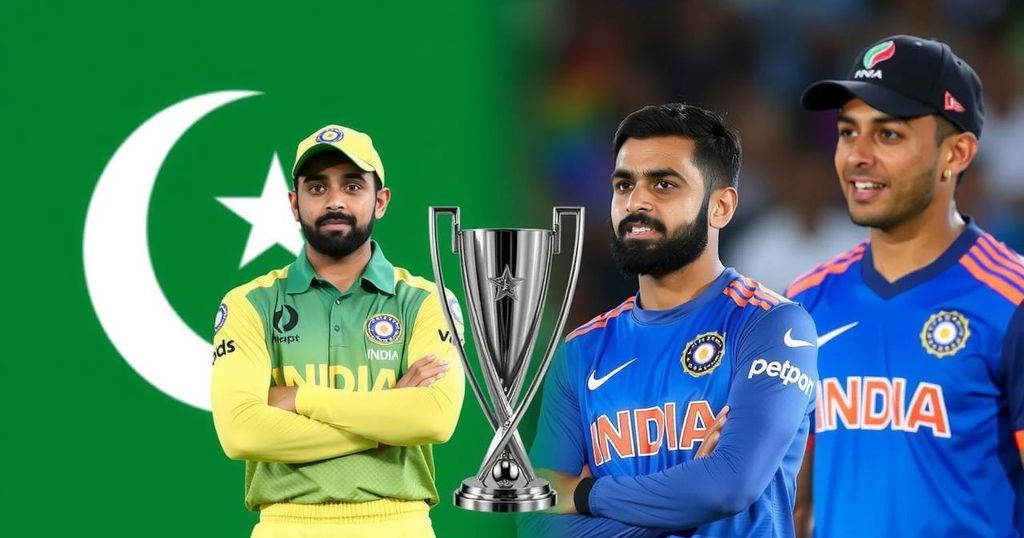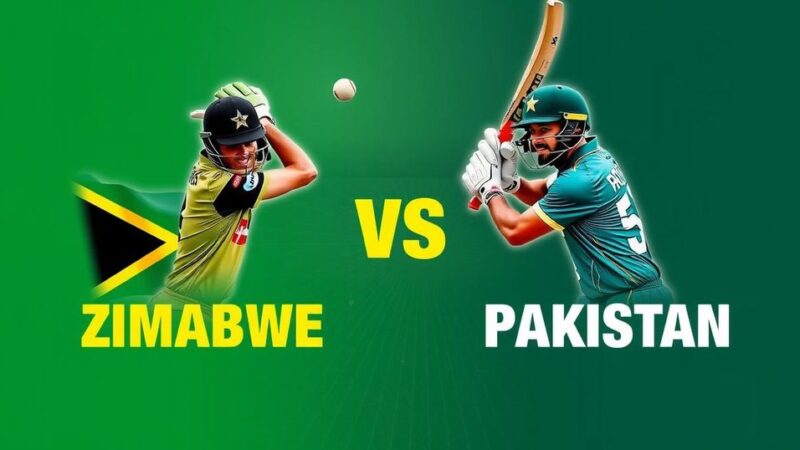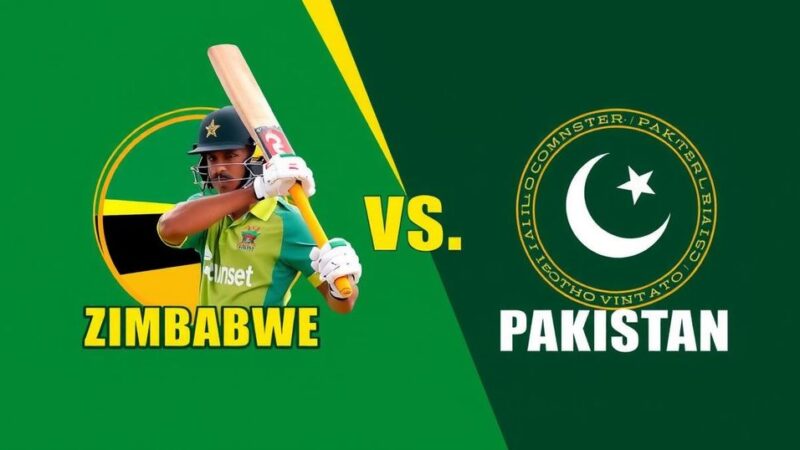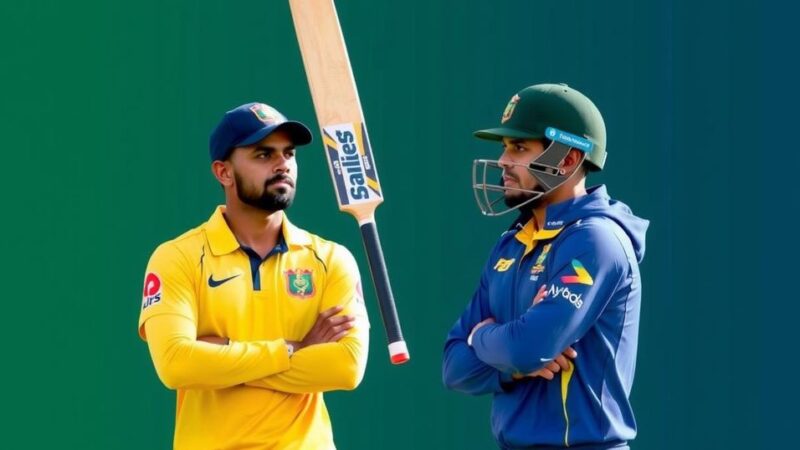The 2025 ICC Champions Trophy is scheduled in Pakistan from February 19 to March 9. India has declined to participate due to security concerns stemming from political tensions, raising questions about the tournament’s organization. The PCB is seeking clarity from the BCCI, as India’s absence would significantly impact the tournament’s viability. Discussions on potential multi-country hosting models are ongoing amid these challenges.
The ICC Champions Trophy 2025 is set to occur in Pakistan from February 19 to March 9; however, significant concerns have arisen regarding India’s participation due to longstanding political tensions. India has not competed in Pakistan since 2008 and has signaled its unwillingness to travel for the upcoming tournament. The Pakistan Cricket Board (PCB) had identified Rawalpindi, Karachi, and Lahore as potential host cities, but India’s decision has thrown the tournament’s logistics into question. The International Cricket Council (ICC) is now faced with urgent discussions to resolve these issues, including the possibility of relocating matches to another country. This situation is complicated by historical context; following the 2009 terror attacks on the Sri Lanka cricket team in Pakistan, international cricket was suspended in the country for several years, contributing to the hesitance of other nations to play there. The ICC must navigate these sensitive political dynamics carefully, as the participation of India is crucial for the financial viability of the tournament. Meanwhile, the PCB has been adamant in its stance against a shared hosting model for the event, despite potential logistical implications for all teams involved. The upcoming Champions Trophy marks Pakistan’s first time hosting a major international cricket tournament since co-hosting the 1996 World Cup. Besides India, the tournament features teams such as Bangladesh, England, Australia, and South Africa, which adds further pressure to find a satisfactory resolution. PCB officials continue to seek clarification from the Board of Control for Cricket in India (BCCI) regarding the official refusal to play, emphasizing the broader implications for cricket diplomacy in the region. In light of the developments, urgent discussions among stakeholders will be critical in determining the future of the Champions Trophy 2025.
The India-Pakistan cricket rivalry is not only notable for its intensity on the field but is also heavily influenced by the countries’ complicated political relations. Since 2008, India has avoided playing in Pakistan, primarily due to security concerns and governmental restrictions. Historical incidents, notably the 2009 terrorist attacks on the Sri Lankan cricket team, have led to a prolonged absence of international matches in Pakistan and contributed to the reluctance of Indian players to compete in Pakistan. In this context, the ICC Champions Trophy planned for 2025 stands as a potential milestone for cricket in Pakistan, but the possibility of India’s refusal to participate poses significant challenges for the tournament’s organization and sustainability.
In conclusion, the situation surrounding the 2025 ICC Champions Trophy is indicative of the broader issues that intertwine sports with international relations in South Asia. India’s firm stance on not traveling to Pakistan has prompted urgent discussions among cricket authorities on how to proceed. Whether the tournament can adapt to accommodate this challenge or if it will require extensive rescheduling remains to be seen, but the necessity for harmonious dialogue among the involved cricket boards is paramount to the event’s success and financial viability.
Original Source: www.skysports.com




